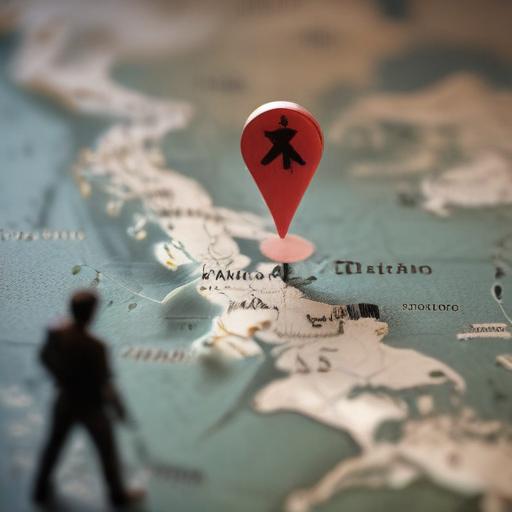Philippine President Ferdinand Marcos Jr has faced strong backlash from China after he indicated that the Philippines might be compelled to engage in a conflict between China and the United States over Taiwan. Speaking during his visit to India, Marcos pointed to the Philippines’ geographical proximity to Taiwan and the presence of a significant Filipino community there as reasons for potential involvement in a conflict.
“If there is an all-out war, then we will be drawn into it,” Marcos stated, emphasizing the humanitarian implications for the many Filipinos in Taiwan.
In reaction, China’s Ministry of Foreign Affairs issued a stern rebuttal, cautioning the Philippines against “playing with fire” and urging adherence to the one China principle. The statement highlighted that geographical proximity and large diasporas are not justifications for interference in China’s internal matters, reflecting ongoing tensions between the two nations, particularly over territorial disputes in the South China Sea.
This friction has seen an uptick in incidents at sea, with both nations accusing each other of aggressive behaviors, including ramming incidents and other confrontations. Furthermore, China’s assertion that Taiwan is part of its territory haunts diplomatic discussions, with accusations of undermining international law placed against Marcos for his comments.
Marcos’s visit to India coincided with the signing of new security agreements between the Philippines and India, aiming to bolster defense cooperation, particularly in light of recent joint naval exercises. This strategic alliance marks a shift in the region’s defense posture and has the potential to invoke further scrutiny from Beijing.
Amidst these tensions, the Philippines also raised concerns over a Chinese rocket launch, which reportedly left debris near its western province, heightening anxiety among local residents and maritime activities. Fortunately, no injuries or damages were reported.
As the situation continues to develop, it draws in the United States, which maintains a mutual defense agreement with the Philippines, signaling a commitment to protect Filipino forces and assets in potential conflict scenarios in the South China Sea. This involvement emphasizes the complexities of regional security dynamics and the intricate relationships at play between these nations.
The evolving situation offers a glimpse into the broader geopolitical implications in Southeast Asia, with potential for diplomatic resolutions. There is hope that ongoing dialogues and international partnerships may foster a peaceful approach to address the region’s challenges and concerns for the safety and welfare of its citizens.
